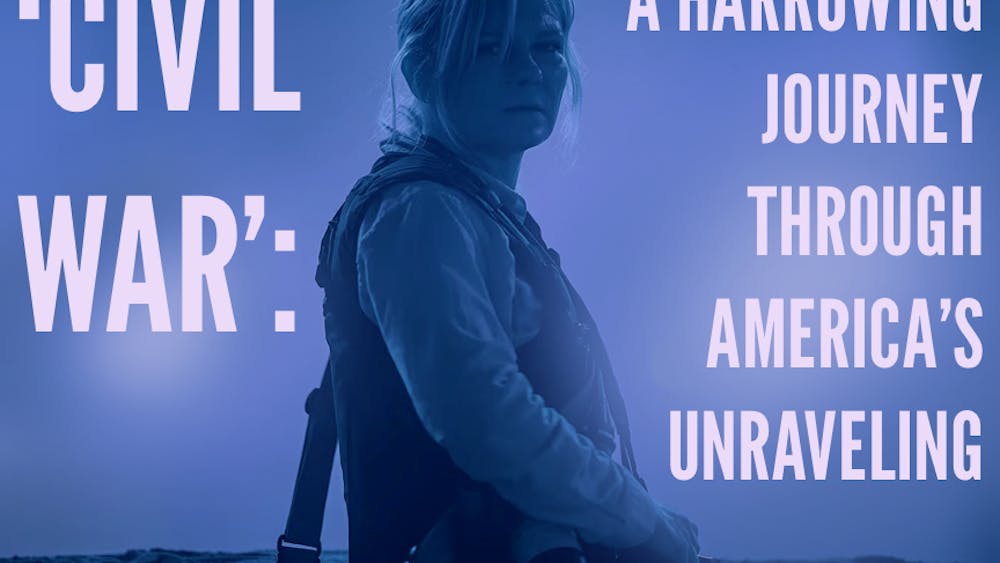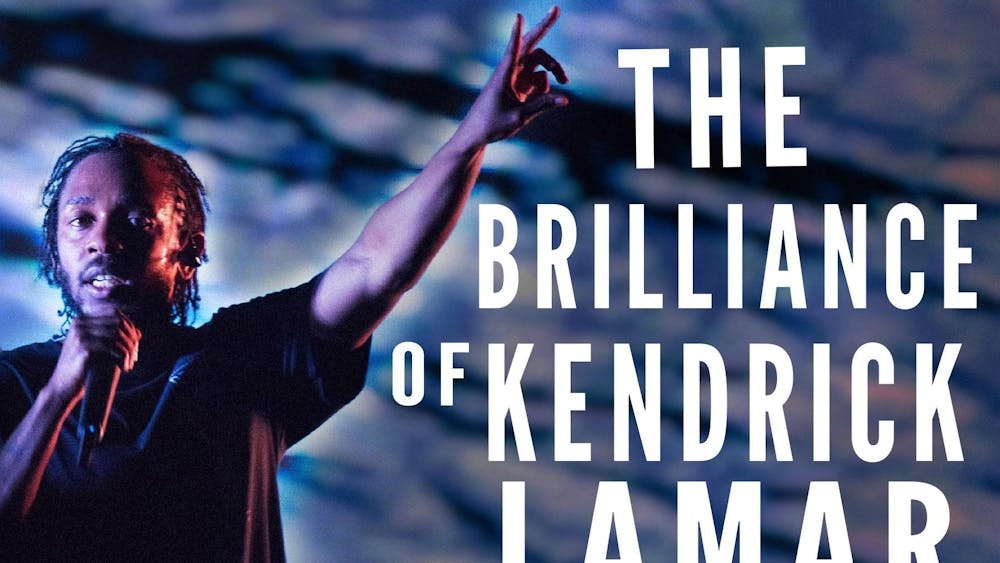
At least that’s what the Academy would have you believe.
The Best Animated Feature Film winner “Zootopia” told the story of a female police officer overcoming discrimination. Its lead was female and uplifting, even if she was also a bunny.
But in the most esteemed categories, that was not the case.
Starting with Casey Affleck’s win for Best Actor for “Manchester by the Sea,” the portrayal of women in 2017 Academy Award winning movies was nothing short of disappointing, even without considering the sexual harassment allegations against the actor.
First and most simply, “Manchester by the Sea” doesn’t pass the Bechdel test. There are women in the movie. Technically, they do talk to each other, in a meager quantity and poor circumstance. They most certainly don’t talk about something other than a man, and they’re notably interrupted by Lee’s (Affleck) womanizing teenage son, Patrick.
The cast of female characters includes Patrick’s two girlfriends, each unsuspecting that the other exists, and the enabling mother of one such girlfriend, who uncomfortably waits in the living room knowing her daughter is having sex upstairs.
Then there’s Lee’s ex wife, Randi (Michelle Williams), who shares a traumatic memory with Lee. When she runs into him on the street, her sincere apology and invitation to lunch turn into begging. She cries and calls him “honey,” and tells him, “I love you.”
A poised Lee tells this out-of-control woman, “There’s nothin’ there.”
And so the one female character with any emotional depth is portrayed as irrational and even adulterous, now that she is remarried. The sympathy she might have elicited is undermined by Lee, who shares her trauma, but maintains control.
On the other hand, “Moonlight,” the worthy winner for Best Picture, was a rare victory for diversity. Its story of a gay black man was a welcome change from last year’s #OscarsSoWhite problem.
But “Moonlight” doesn’t pass the Bechdel test either. The mere three named female characters never even speak to each other. “Moonlight” doesn’t pick up the gender slack.
The Best Actress category forces at least one relevant female character to be recognized, but Emma Stone in “La La Land” is no victory.
“La La Land” shamelessly feeds off the gender stereotypes sometimes mistaken for nostalgia. In the clip played during its Best Picture nomination, Sebastian (Ryan Gosling) mansplains jazz to his tolerant date Mia (Emma Stone). That’s a pretty good representation of how the movie goes.
Sebastian goes on to explain other things to Mia, like their relationship and her career. Throughout the film, we see Sebastian in a working environment, pursuing his passion. Mia, on the other hand, is mostly seen interacting with Sebastian. She watches him play. He doesn’t watch her act.
In the ending (spoiler), we’re supposed to understand that Mia achieves success. How does Hollywood tell us that concisely? With a baby. We know Mia made it because she comes home to a man and a baby.
This is what an Oscar-winning female role looks like.
The argument of the Bechdel test is that women are irrelevant in high-grossing films. Even in the Best Actress winner, the character is irrelevant in her own life.
When 2016 Oscars were criticized for a lack of diversity, it was blamed the on number of academy members that are white, male and over 50. While those demographics might be shifting for the better, it's essential that women aren't left behind.













